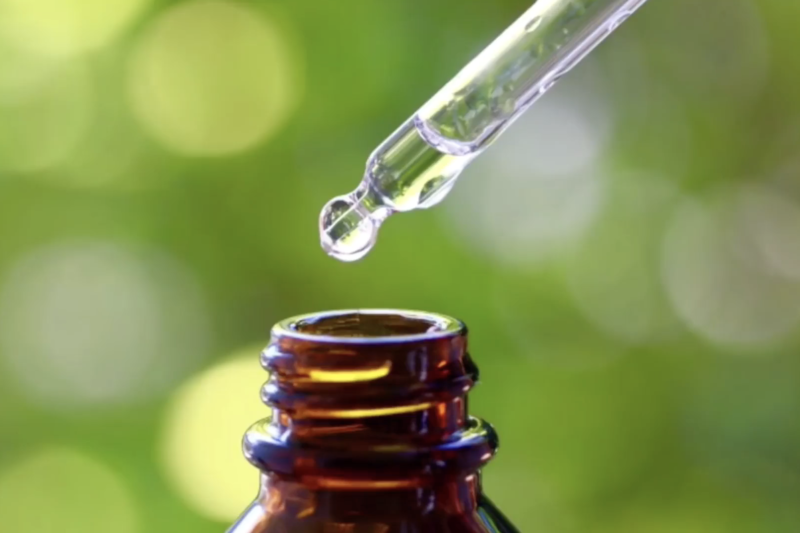Advocates Urge Tighter Regulations for Texas’ New Legal Hemp Industry
By Madelyn Reiter
Reporting Texas

As Texas enters the lucrative hemp market under new legislation, questions are being raised by retailers and consumer advocates about the standards of CBD products.
FDA-approved cannabinoid, CBD and THC, can now be easily purchased throughout Texas. CBD products can be bought at convenience stores, gas stations and CBD boutiques. These products are legal, but remain largely unregulated by state government.
Concerns arose after the passing of House Bill 1325, “to allow for the production, manufacture, retail sale, and inspection of industrial hemp crops and products in Texas.” People expressed fears over consumer protection and company legitimacy at a public hearing held in October by the Department of State Health Services (DSHS).
The Food and Drug Administration has left discretion over hemp products up to individual states, making Texas DSHS solely responsible.
“Poor regulations and good regulations poorly enforced will result in more of the consequences we already see in Texas,” said Elizabeth Jones, a spokeswoman of a local drug recovery program. “My recovery organization has already had multiple drug court clients receive sanctions for THC positive urine drug screens when those individuals were told that it’s reputable or were simply unknowledgeable that these products from retailers contained THC.”
According to the National Institute on Drug Abuse, CBD may reduce inflammation, treat mental illness and help people overcome addiction. THC — the psychoactive component of cannabis — may also decrease pain, inflammation and muscle control problems. However, hemp products may contain no more than 0.3% THC within Texas.
For medial relief, consumers turn to these over-the-counter hemp products, including cannabinoid oils, pill capsules, edibles and topicals. However, because these products are widely unregulated by the state, there are often discrepancies between the advertising and packaging of a hemp product and the contents of the product.
“Today, these commercially available products are not subject to mandatory testing to either affirm CBD potency, the presence of adulterants or the presence of pesticides,” said Jax Finkel, executive director of Informed Texas. “Other products revealed the presence of THC above the .3 allowance, which put consumers in legal jeopardy.”
Potentially dangerous adulterants, including Spice, DMX, heavy metals and solvents were also identified in some hemp products, Finkel said.
The Associated Press led an independent and nationwide investigation into legal hemp products. According to the study, 10 of the 30 CBD vapes sampled contained synthetic marijuana. According to the NIH, synthetic cannabinoids may cause an increase in heart rate, vomiting, violent behavior and suicidal thoughts.
Former student of the Houston Academy of Cannabis Science, Nathaniel Czerwinski, advised consumers to do research on CBD manufacturers and retailers. He said the responsibility of checking the legitimacy of products will continue to fall on the consumer as it would be extremely difficult for DPS to go after all the CBD shops, especially in large cities.
“If you go into any of these CBD shops, it’s truly the Wild West,” Czerwinski said. “You have no idea what you’re getting.”